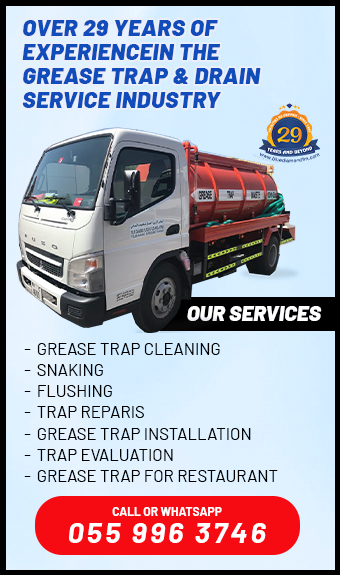Grease Trap Waste in UAE: How It Impacts Sewer Systems and Why Compliance Matters
Grease Trap Waste in UAE commercial kitchens is not just an operational nuisance — it’s a systemic risk. Fats, oils and grease (FOG) build up quickly in busy restaurants and food facilities, and when those materials aren’t collected, removed and disposed of correctly they cause blockages, health hazards and costly fines. This article explains why grease trap waste settings requires urgent attention, what can go wrong, and how to stay fully compliant with municipal rules.
What is Grease Trap Waste and Why It Matters
Grease trap waste in UAE kitchens consists of congealed fats, cooking oils, food solids and detergent residues captured by interceptors before wastewater enters the public sewer. In hot climates like the UAE the FOG lifecycle accelerates — liquids cool, harden and attach to pipe walls faster than in temperate regions — making grease trap waste in UAE networks particularly aggressive.
Left unmanaged, grease trap waste establishments leads to reduced pipe capacity, frequent sewer blockages, higher municipal treatment costs and increased health risks for customers and staff. For any commercial kitchen operator, understanding the composition and behavior of grease trap waste environments is the first step toward effective control.
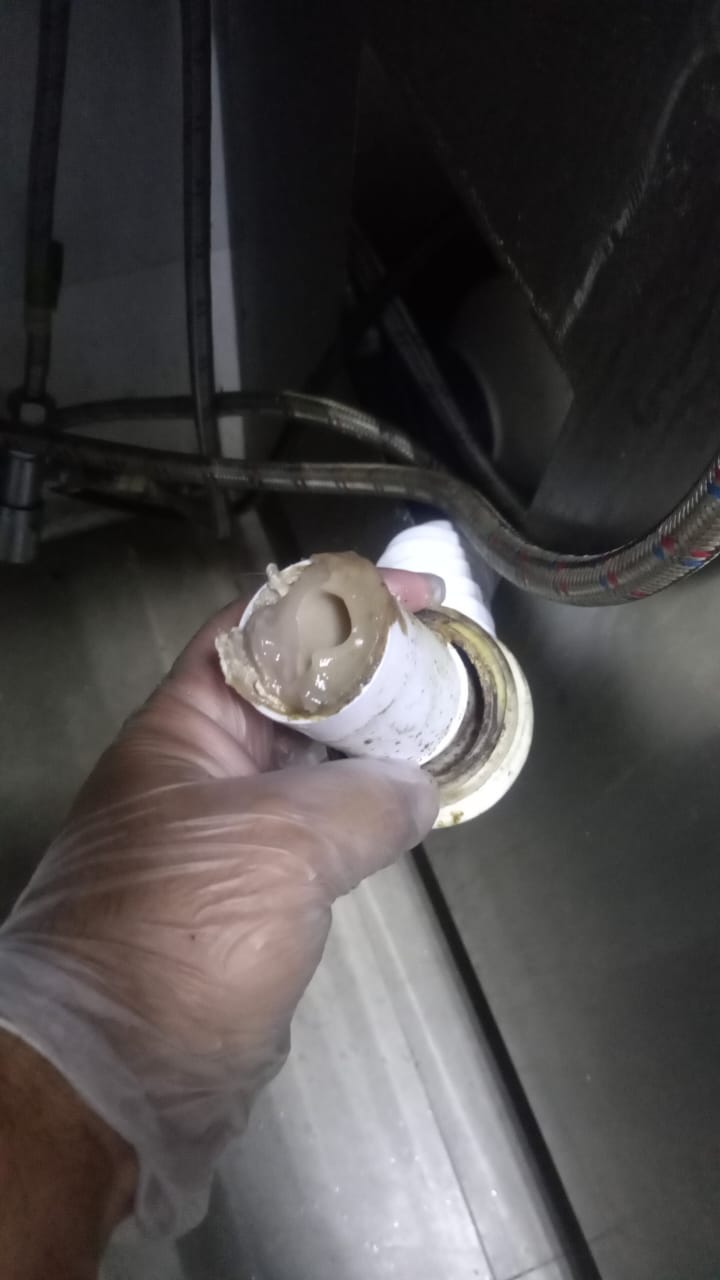
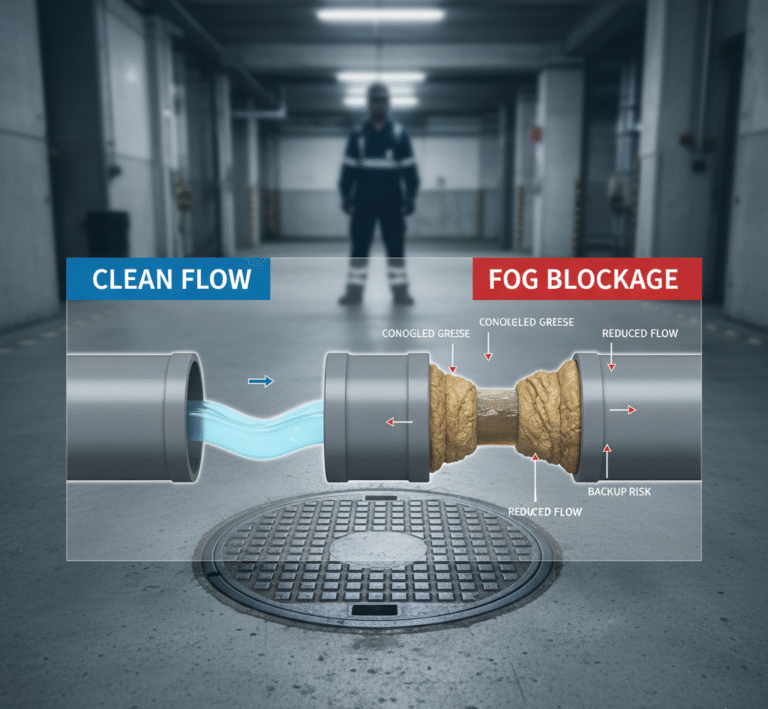
Thermal and flow dynamics in Gulf sewers
Warm ambient temperatures and intermittent high flows cause FOG to liquefy during hot phases and solidify as wastewater cools inside sewers. This cycle causes layers of grease trap waste pipelines to accrete quickly, narrowing channels and forming stubborn obstructions.
Impact on pumping stations and treatment plants
Blockages from grease trap waste systems increase wear on pumps, trigger alarms, and may force emergency bypasses. Treatment facilities must then expend more energy and chemicals to process contaminated influent — costs which are ultimately borne by municipalities and taxpayers.
Public health and environmental risks
When grease trap waste operations causes sewer overflows, untreated wastewater can reach public areas or waterways, creating contamination risks and reputational damage for the food service sector.
Why Grease Trap Waste in UAE Strains Sewer Systems
Risks of Neglecting Grease Trap Waste Management
Failing to manage grease trap waste kitchens creates a chain of escalating problems:
Operational downtime: Clogged drains and backups force kitchens to close temporarily.
Emergency costs: After-hours pump-outs and emergency plumbing are expensive compared to planned maintenance.
Regulatory penalties: Dubai Municipality and other emirates enforce strict requirements — non-compliance can mean heavy fines or enforced closures.
Brand damage: Customers notice foul odors and poor hygiene; online reviews and word-of-mouth suffer.
Environmental liability: Improper disposal or illicit dumping of grease trap waste jurisdictions can trigger legal action and remediation costs.
These risks make proactive grease trap waste management a commercial imperative for restaurants, hotels, and central kitchens across the UAE.
UAE Regulations: What Restaurants Must Know
Dubai Municipality and other UAE authorities require that commercial kitchens install, maintain and service grease traps correctly, and that grease trap waste in UAE be transported and disposed of by licensed haulers. Key obligations include:
Installing the correct interceptor size for your operation.
Keeping documented cleaning records, manifests and disposal receipts.
Using municipality-approved waste transfer stations or recycling facilities.
Responding promptly to inspection requests with accurate logs.
Failure to keep records of grease trap waste operations or to use licensed disposal channels is a common reason for enforcement actions. Maintaining transparent documentation not only demonstrates compliance but also protects your business during audits.
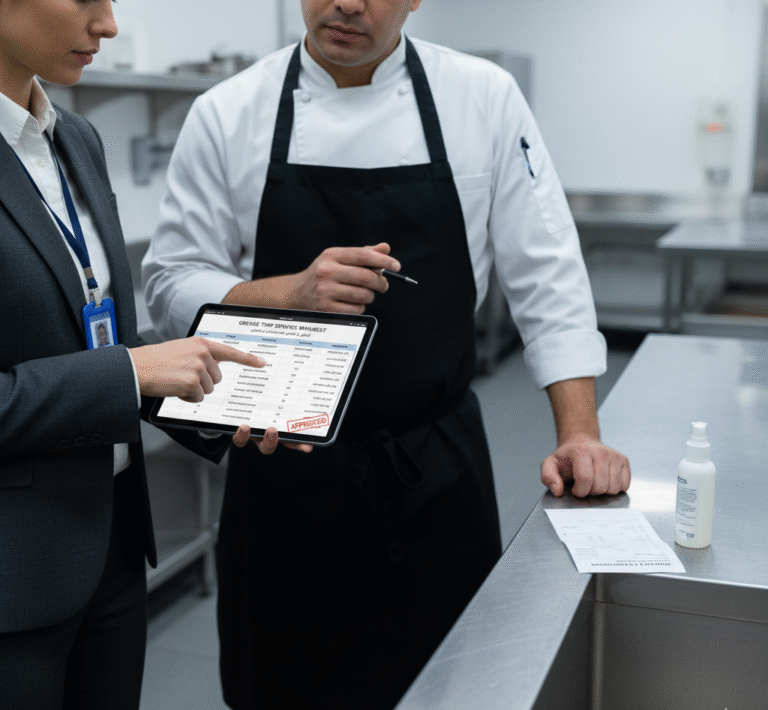
How Professional Grease Trap Services Protect Your Business
Partnering with certified grease trap providers helps manage grease trap waste in kitchens efficiently and compliantly:
Scheduled pumping & cleaning: Regular cycles prevent heavy buildup and reduce emergency call-outs.
Proper transport & disposal: Licensed haulers ensure grease trap waste is taken to approved facilities (recycling or treatment), satisfying municipal rules.
Digital logs & manifesting: Modern providers supply digital records that simplify inspections and audits.
Rapid emergency response: 24/7 services limit downtime if a blockage occurs.
Consultancy & sizing advice: Professionals advise on correct interceptor sizing and operational best practices to minimize FOG output.
Investing in a robust service partner converts grease trap waste from a compliance headache into a managed operational process.
Practical Steps Restaurants Can Take Today
Create a cleaning schedule tailored to your menu and throughput.
Train staff to scrape plates, use sink strainers and store waste oils properly.
Work with licensed haulers and demand manifests after each pump-out.
Use digital record-keeping to maintain inspection-ready logs.
Consider monitoring tech (sensors/digital alerts) to avoid surprises.
These measures reduce the volume of grease trap waste premises and lower the risk of fines and shutdowns.
Conclusion
Grease trap waste in UAE kitchens is a manageable but non-negotiable risk. Proper cleaning, licensed disposal, and documented maintenance are essential to protect sewer infrastructure, avoid regulatory penalties, and keep kitchens operating smoothly.
If you operate a restaurant, hotel or central kitchen in the UAE, now is the time to act: book a compliance audit or schedule professional grease trap cleaning to make grease trap waste in UAE one less thing to worry about.
Most Frequently Asked Question
It’s the fats, oils, grease and food solids collected in grease traps at commercial kitchens across the UAE; they must be professionally removed and disposed of to prevent sewer problems.
Frequency depends on kitchen size and output — many high-volume kitchens require weekly or bi-weekly service; smaller kitchens may operate on monthly cycles. A certified provider will recommend a schedule.
No. UAE regulations require licensed haulers and approved disposal or recycling facilities. DIY disposal risks fines and environmental damage.
Maintain service dates, volumes removed, hauler details, disposal receipts and manifests. Digital logs make inspections straightforward.
Yes — many operators now use licensed recycling facilities that convert FOG into biodiesel or industrial feedstock, aligning with sustainability goals.
Verify municipal licensing, ask for references in the hospitality sector, confirm disposal partners and request digital reporting and emergency response guarantees.
Our Services
Our step-by-step guide simplifies the cleaning process, ensuring a hassle-free experience while keeping your traps clean.
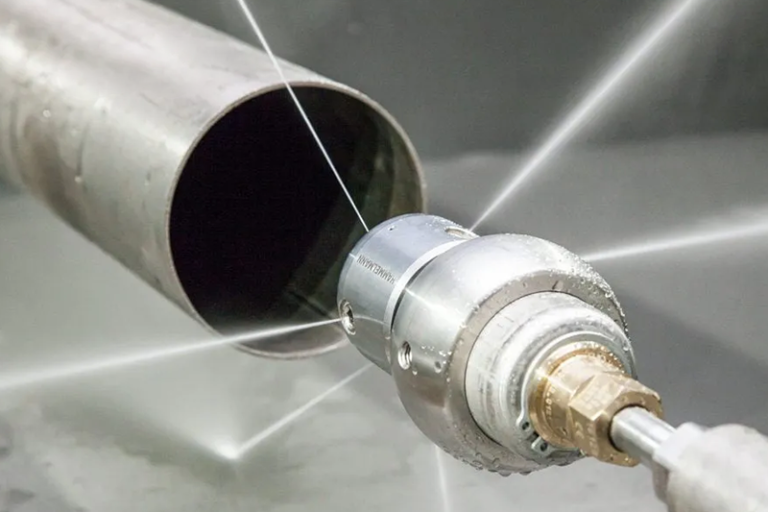
Drain Line Jetting
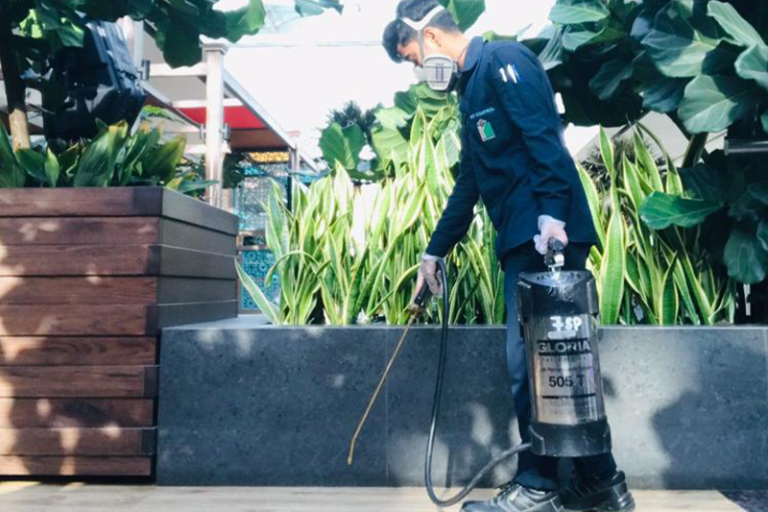
Pest Control Service
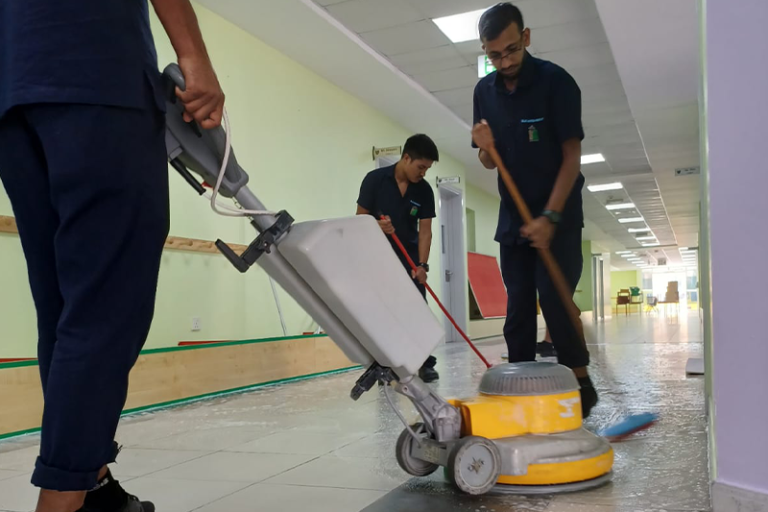
Deep Cleaning
business
Our Working Process
Let’s start the journey towards success and enhance revenue for your business. Take your company to the next level.
Book An Appointment Today
Blue Diamond would like to hear from you. if you have business inquiries. Get in touch with us.





